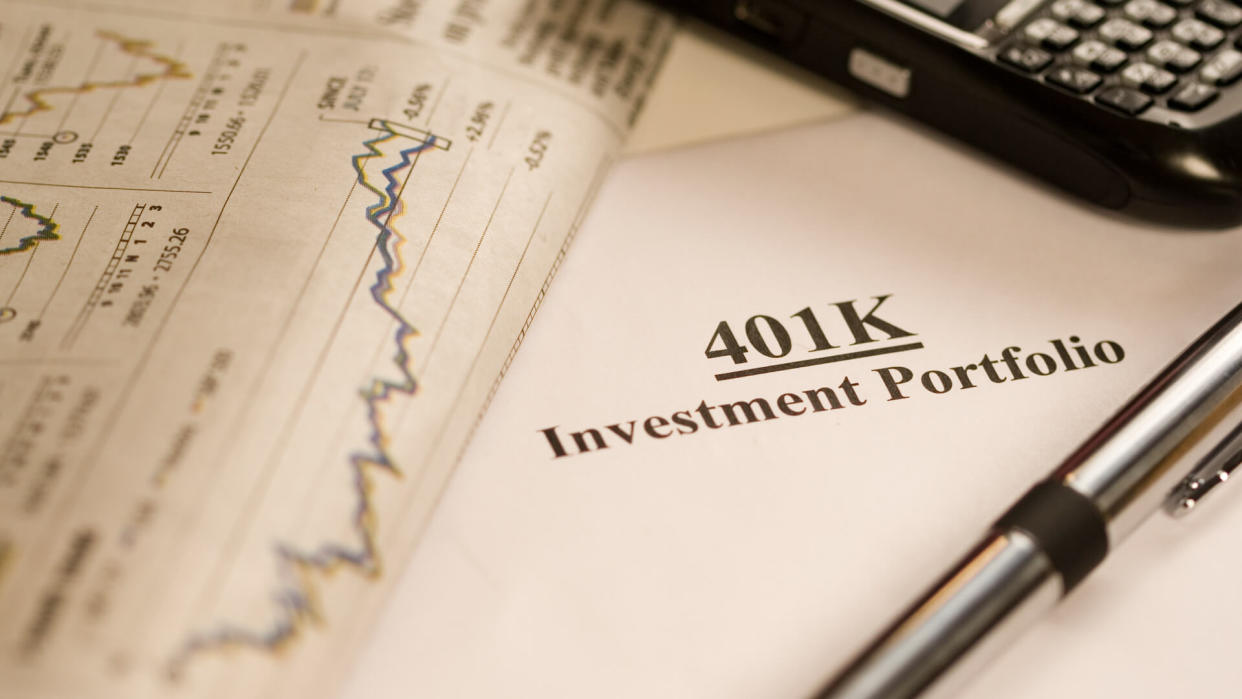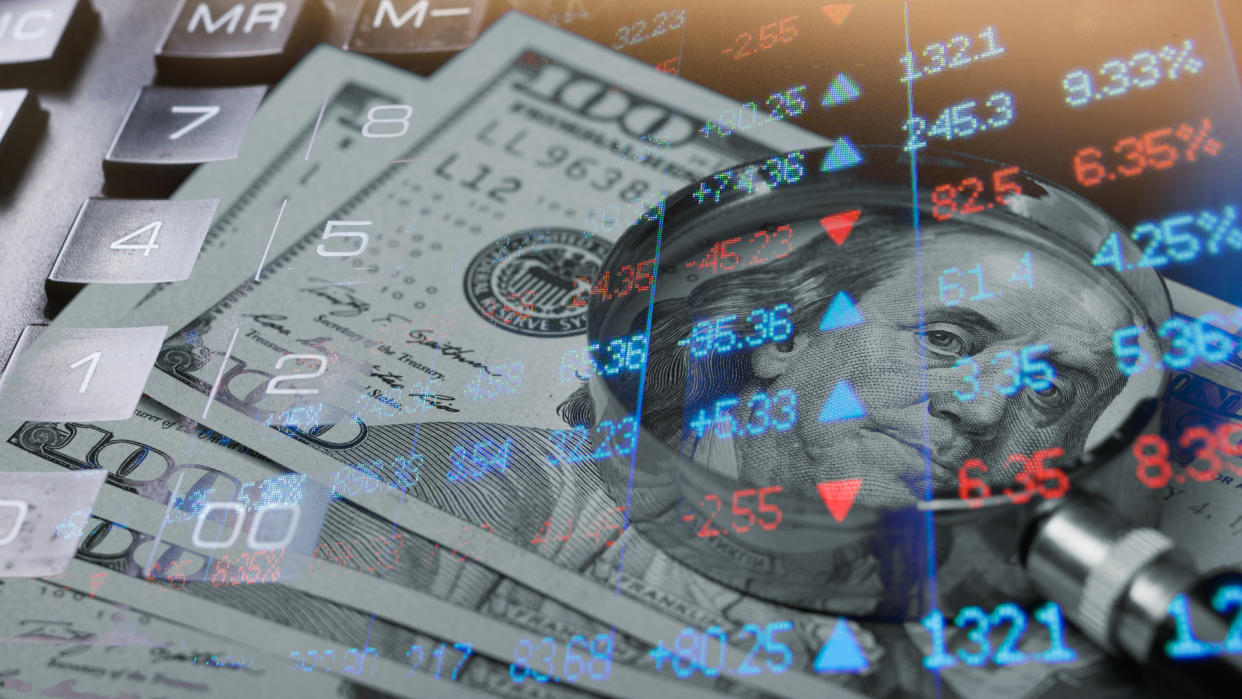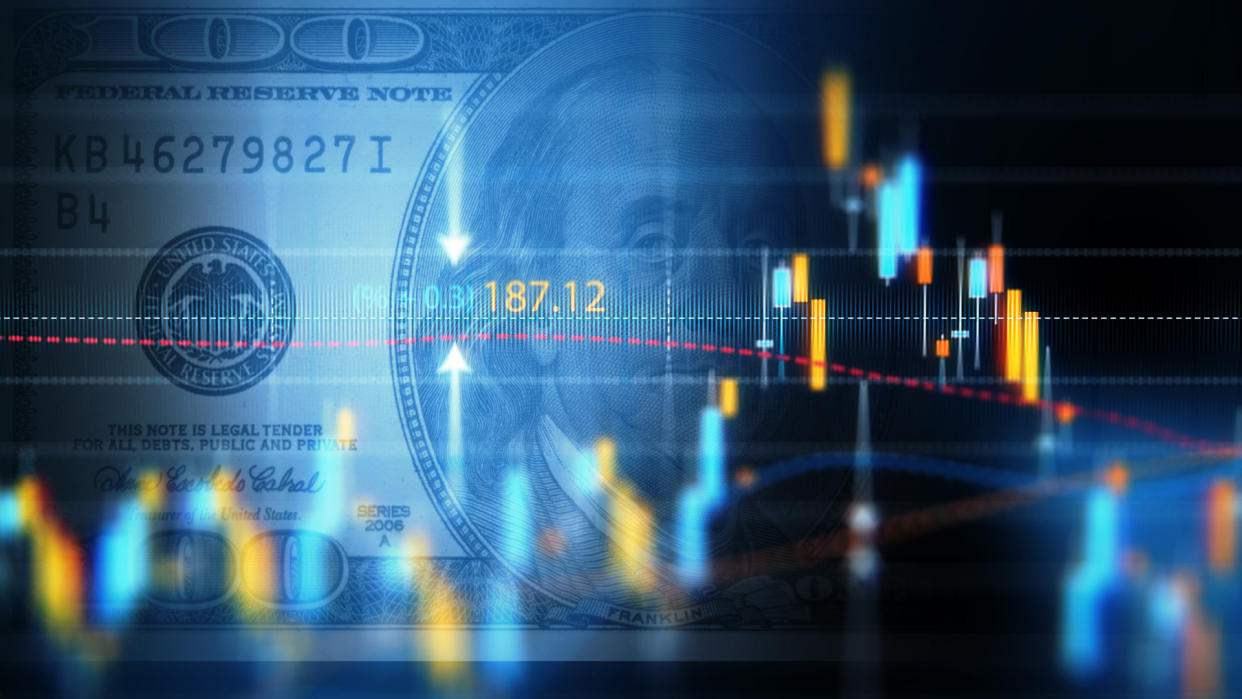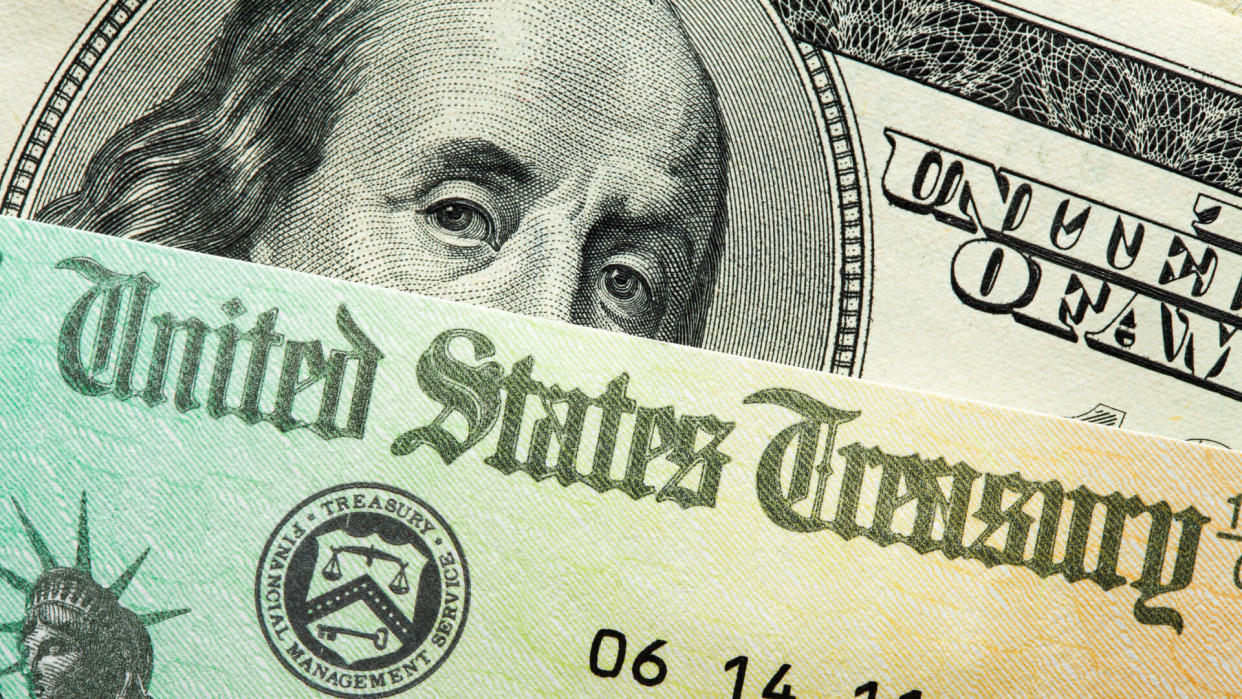16 Things You Need To Know To Minimize Taxes on Mutual Funds

Taxes on mutual funds can eat into your total returns. Unlike the mutual funds you may be familiar with in your 401(k) or IRA, when you buy a mutual fund in a taxable investment account, you may have to pay taxes every single year that you own your long-term mutual fund. The good news is that mutual fund taxability is fairly predictable. With some careful planning, you can reduce or even eliminate the tax hit you’ll take from your mutual funds.
Last updated: Feb. 26, 2021

Mutual Funds Must Pass Through Income to Shareholders
A mutual fund is technically an investment management company. In order for that company to avoid paying its own tax, it must pass through the income it receives from its investments to shareholders. Essentially, when you buy shares of a mutual fund, you are indirectly buying all of the underlying investments within the fund, and you’re receiving your share of any dividends, interest or capital gains that they pay out. Even though it might feel as if you own a single investment when you buy a mutual fund, you’re actually buying proportional shares in hundreds, even thousands of individual investments.
Up Next: Best Mutual Funds To Invest In Now

Mutual Fund Share Prices Drop After Distributions
When a mutual fund pays out a distribution, its share price drops by the amount of the payout. In one sense, this might seem doubly bad for an investor — not only are you handed a taxable distribution, but you’re also losing money on your mutual fund investment. In reality, however, this share price drop simply evens out your taxes. If your fund is priced at $10 per share and it makes a $1 capital gain distribution, you’ll owe tax on the $1 distribution, but the share price will drop to $9. If you originally bought the shares for $6, you’ll owe just $3 per share in capital gains tax when you sell the shares, not $4.
Check Out: 7 Best Fidelity Mutual Funds: Which One Is Right for You?

How Are Dividends Taxed and Reported?
Whenever a mutual fund makes a distribution, it must report it both to the IRS and to its shareholders. If the distribution is a dividend, you’ll receive Form 1099-DIV. If the distribution is an interest payment, you’ll receive Form 1099-INT.
Dividends and interest from mutual funds are taxed the same way as if you owned the underlying investments yourself. In some cases, such as for qualified dividends, you’ll have to use IRS worksheets to determine where and how to report your income on your Form 1040.
Investing for Beginners: What First-Time Investors Need To Know

Mutual Funds Can Make Their Own Capital Gains Distributions
It might make sense that dividends and interest earned by a mutual fund are passed through as taxable events to a shareholder, but how do mutual funds generate capital gains? The answer is the same way that you can trigger capital gains as a stockholder. When a mutual fund manager sells an investment, a capital gain or loss is generated, just as if you sold an individual stock or bond yourself. This gain is passed through to you as a mutual fund shareholder in the form of a capital gains distribution. You’ll have to pay tax on this distribution just as if you were an individual stockholder.

There's a Difference Between Short-Term and Long-Term Capital Gains
A short-term capital gain is one that results from the sale of a security that has been held for one year or less. A long-term capital gain is generated when the holding period is longer than one year. This distinction is critical because short-term and long-term capital gains are taxed differently. Short-term capital gains are taxed as ordinary income, meaning you’ll pay the same rate on those gains as you do on your wages or salary. Long-term capital gains benefit from a special tax rate that can be as low as zero percent but does not exceed 20%.
Check Out: What the Capital Gains Tax Rates Are and How To Minimize Your Bill

Selling Mutual Fund Shares Can Trigger Additional Taxes
Mutual fund taxes aren’t limited to just the dividends, interest and capital gains distributions you receive from the fund. As the mutual fund shares you own are capital assets unto themselves, if you sell any fund shares, you’ll receive a Form 1099-B and must report those transactions as capital gains or losses as well. Even if you already owe taxes on a capital gains distribution that a fund made, if you sell your shares at a gain, you’ll owe additional taxes on your own personal capital gain.
Mutual Fund Fees: What You Need To Know Before Investing

You Might Have To Calculate Your Own Capital Gains
When you sell your own mutual fund shares, you’ll have to report the cost of the shares you sold to calculate your gain or loss. This can get complicated, as many investors make regular monthly purchases and reinvest dividends and capital gains at least yearly. Fortunately, there are two ways to make this process easier. First, the IRS allows taxpayers to use the “average cost” method, in which you’d simply report the average cost of all of your shares over time as the cost of the shares you sold. An even better option is if you’re a more recent investor, as the IRS began requiring brokerages to report mutual fund cost basis as of Jan. 1, 2012.

Taxes Operate Differently in a 401(k) or Other Retirement Plan
One of the major benefits of investing in a 401(k) or other tax-advantaged retirement plan is that any gains or income in the account are tax-deferred, meaning you won’t pay any taxes until you withdraw money from the account. This means that every year your mutual funds pay out dividends, interest or capital gains, you’re not liable for taxes on them and don’t have to report them to the IRS. Ultimately, when you take money out of your account in retirement, you will have to pay tax on those amounts.
Discover: How One Man Became a 401(k) Millionaire

You Can Offset Gains and Losses
The IRS allows investors to offset capital gains and losses to reduce their tax burden. For example, if you sell a stock for a $5,000 gain and sell a different stock for a $5,000 capital loss, you can reduce your tax liability to zero, as the gain and loss offset. The same is true with mutual fund capital gains. If you receive $3,000 in mutual fund capital gain distributions, you can sell stocks, bonds, mutual funds or other capital gains at a loss to help offset that gain and reduce your tax liability.

Beware of Wash Sale Rules
A wash sale occurs if you sell a security at a loss and then buy a substantially identical security within the period starting 30 days before the sale and ending 30 days after the sale. The penalty for a wash sale is that your loss is disallowed for tax purposes. So, if you sell a mutual fund at a loss and then buy it back the next day, you can’t claim the tax benefits of that realized loss.

Be Careful of Year-End Mutual Fund Purchases
Many mutual funds make capital gains distributions once per year, at year-end. If you buy a mutual fund right before it makes a capital gains distribution, you’ll immediately inherit a tax liability without enjoying any of the benefits. For example, let’s say a fund priced at $10 per share makes a year-end capital gains distribution of $1.50. If you buy that fund the day before the distribution, your share price will drop to $8.50 and you’ll owe taxes on the $1.50 distribution. The net result is you’ll owe taxes on gains you didn’t benefit from.

You'll Owe Taxes Even If You Reinvest Dividends or Capital Gains
When a fund pays out dividends, interest or capital gains, you’ll usually be offered the chance to take the payout in cash or reinvest the proceeds into additional mutual fund shares. Whichever option you select, it’s the same for tax purposes. In the eyes of the IRS, you have received the payout either way. Thus, reinvesting your distributions is not a way that you can avoid mutual fund taxation.

Some Funds Have Large Tax Liabilities Already Built In
Some mutual funds are ticking time bombs when it comes to potential taxes. Although mutual funds must report their holdings regularly, on a day-to-day basis, it can be hard to know exactly what gains and/or losses a fund is taking. Some services, such as Morningstar, provide a figure known as “potential capital gains exposure,” or PCGE, to help investors anticipate which funds might have larger capital gains to pay out to investors. Since there are so many mutual funds to choose from, all other things being equal, you might want to steer away from funds with a large, built-in PCGE.

Some Funds Actively Manage Their Tax Liability
While many mutual funds simply try to achieve the greatest gains possible, other funds take tax ramifications into account when they are buying and selling stocks. Usually, this part of a fund’s investment strategy will be outlined in the fund’s prospectus. Sometimes, a fund will go so far as to include the moniker “tax-advantaged” or “tax-managed” in its name. While this should not be your sole reason to invest in a mutual fund, given the choice between otherwise equal funds, it’s generally better to lean toward the tax-conscious fund.
Find Out: Is Now the Time To Buy These Popular Stocks?

Some Income May Be State or Federally Tax-Exempt
For some mutual funds, interest paid out to investors may be exempt from certain taxes. For example, interest paid by U.S. Treasury securities is federally taxable but state and local tax-free. Other income, such as that paid out by municipal governments, may be exempt from federal, state and local taxes. To determine the percentage of your income in a mutual fund that is tax-exempt, you may have to look at the fund’s year-end report. Other funds may include this information on your actual year-end statement.

Strategies To Combat Mutual Fund Taxation
Since mutual fund distributions are not taxable in IRAs, 401(k) plans and other tax-advantaged retirement accounts, you might consider putting high-tax mutual funds into such plans. In addition to funds that make large taxable distributions, such as income funds, funds with high turnover are also good candidates. If a mutual fund has a turnover of over 100 percent, it means that it buys and sells every security in the fund at least once per year. This can result in lots of taxable short-term gains. By keeping such funds in a retirement account, you can avoid paying tax every year on those gains and simply reinvest them in additional shares of the fund.
More From GOBankingRates
This article originally appeared on GOBankingRates.com: 16 Things You Need To Know To Minimize Taxes on Mutual Funds
